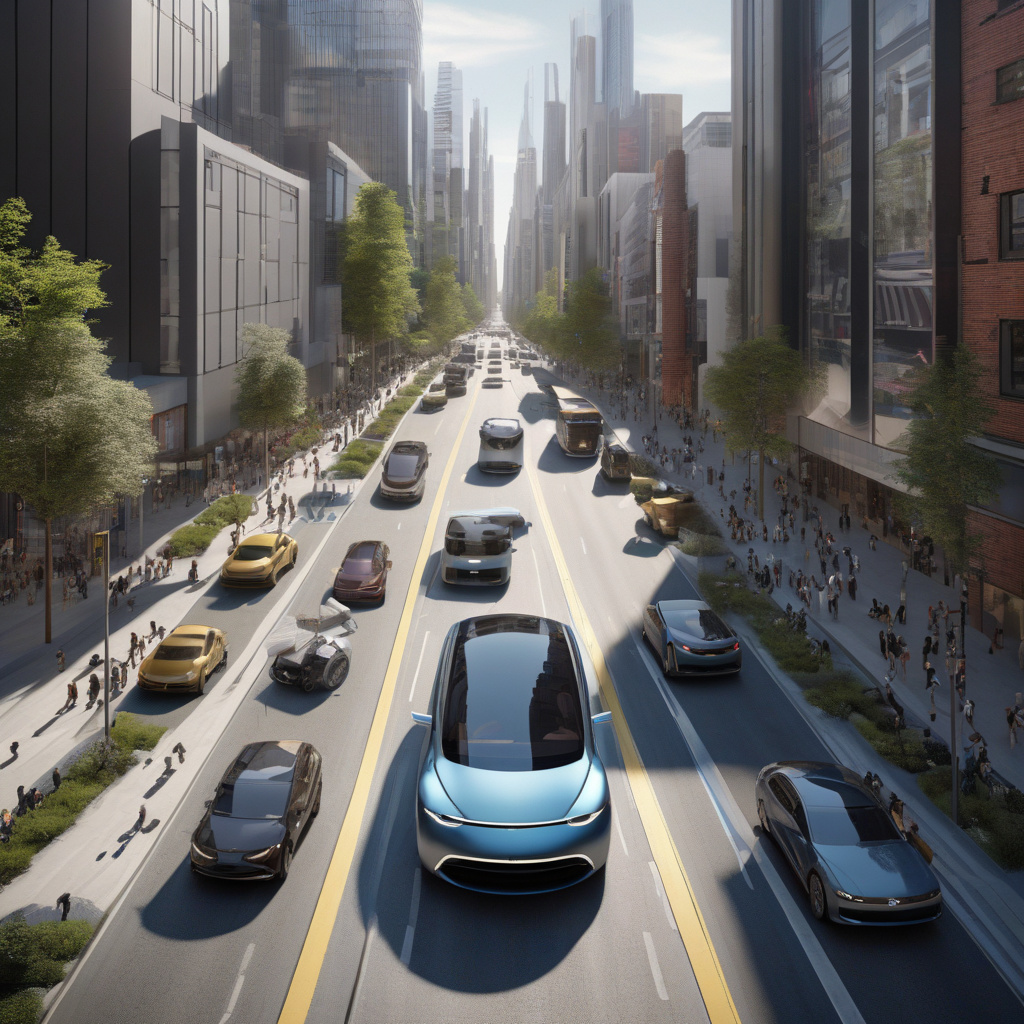In the realm of automotive technology, the integration of artificial intelligence (AI) is revolutionizing the way vehicles operate. One notable development in this field is the recent collaboration between Volvo Cars and Google, where the cutting-edge Gemini technology is being incorporated into Volvo models already equipped with Android Automotive.
This strategic partnership signifies a significant leap forward in leveraging AI to enhance the driving experience. By embedding AI capabilities directly into the vehicle’s infrastructure, Volvo Cars aims to optimize various functions, from navigation and predictive maintenance to personalized user preferences. This fusion of automotive engineering with AI algorithms underscores a pivotal shift towards intelligent, connected vehicles that cater to the evolving needs of modern drivers.
With Gemini’s advanced AI algorithms at the core of these vehicles, drivers can expect a seamless blend of smart features that adapt to their driving habits and preferences. For instance, AI-powered navigation systems can analyze real-time traffic data to suggest optimal routes, saving time and fuel. Moreover, predictive maintenance algorithms can proactively identify potential issues, ensuring the vehicle remains in peak condition.
Beyond enhancing convenience and efficiency, AI-equipped vehicles also prioritize safety on the road. Features like driver assistance systems powered by AI can analyze surrounding traffic patterns, detect potential hazards, and provide timely alerts to prevent accidents. By harnessing the power of AI, vehicles become more than just modes of transportation—they evolve into intelligent companions that prioritize the well-being of both drivers and passengers.
As the automotive industry continues to embrace AI technologies, the possibilities for innovation are limitless. From autonomous driving capabilities to enhanced in-car entertainment systems, AI is reshaping the future of mobility. By staying at the forefront of this technological wave, automakers like Volvo Cars are not only improving the driving experience but also setting new standards for smart, connected vehicles.
In conclusion, the integration of artificial intelligence into vehicles represents a transformative shift towards intelligent, adaptive driving experiences. With Volvo Cars and Google leading the way with Gemini technology, we are witnessing the dawn of a new era where AI-powered vehicles redefine the concept of mobility. As AI continues to drive innovation in the automotive sector, the future promises exciting possibilities for safer, more efficient, and personalized transportation solutions.

